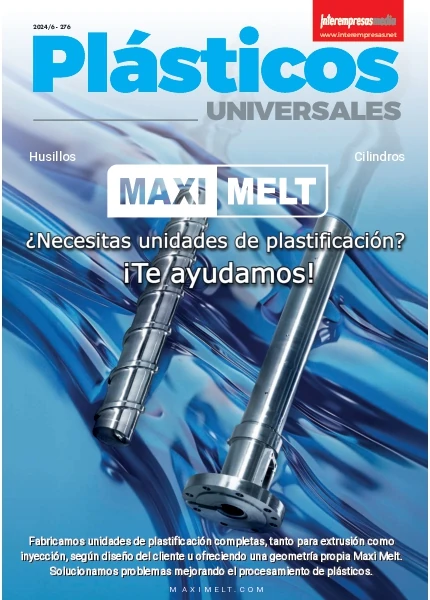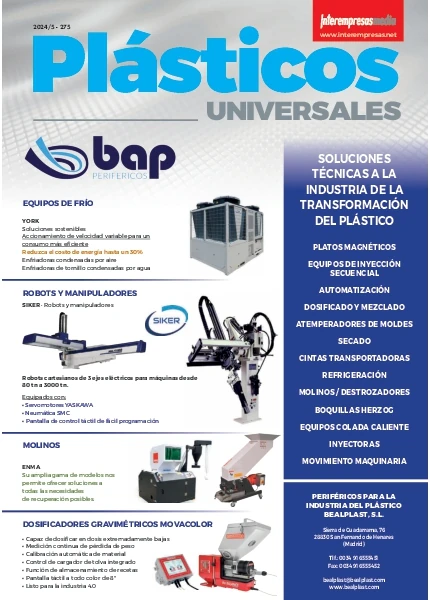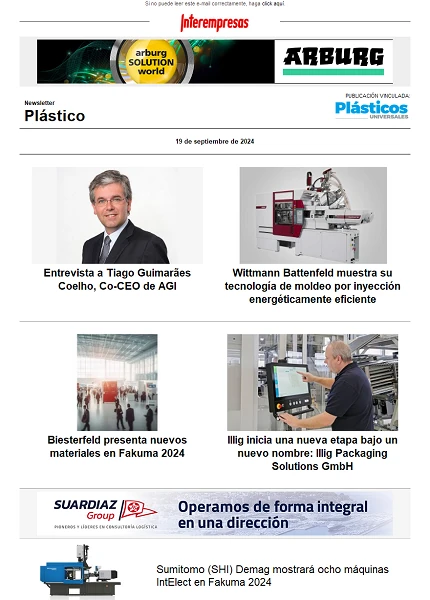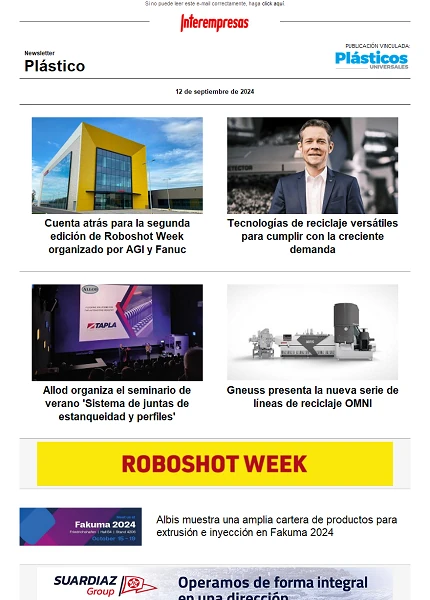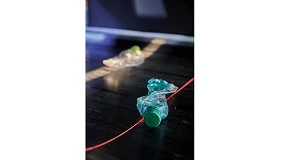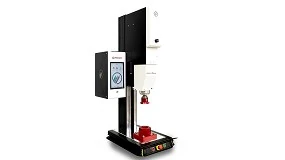How does it affect migration tests with the new rules?
May 12, 2011
The first of the changes affect the definition of the simulants of food to be used for testing the migration. In table 1, you can see the relationship of new simulants and its equivalence with the current legislation.
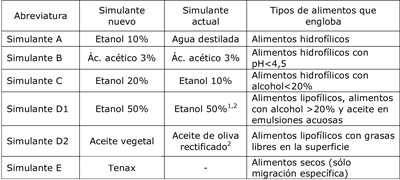
Note 1: Ethanol 50% was defined in Directive 2007/19/EC as type D for products simulante dairy.
Note 2: Current legislation only provides a unique abbreviation, the simulante D.
One of the most important developments is the disappearance of the distilled water for aqueous foods, which has been replaced by a solution of ethanol to 10%. The simulante C alcoholic food has also been amended: the percentage of alcohol will be 20% instead of 10%, and shall apply provided that the food has a content in less than 20% alcohol.
The simulante D has broken in two. The D1 is a solution of ethanol 50%, which was already introduced in the year 2007 for milk, and is maintained for fatty foods, in particular for oil in water emulsions, but also for alcoholic beverages containing more than 20% of alcohol. The simulante D consists of vegetable oil and is intended for food with free surface fat.
The latest addition is the definition of a new simulante, the poli(óxido_de_2,6-difenil-p-fenileno), better known as Tenax. The Tenax is used in dry but only in specific migration foods. This represents a significant change, because to date dry food had no fat on the surface were exempt from testing of migration, both global and specific. Thus, for example, in free products of fat, such as nuts, confectionery, coffee, spices, frozen food, flour, cereals and pasta will have to carry out analysis of specific migration if the plastic material used contain substances with limitations. In the case of fruit and vegetables whole, fresh or chilled unpeeled, the situation remains as it is today, so you don't need to do any testing of migration because in this case it is not them up any simulante, not even the Tenax.
Point 3 of annex III of the new regulation lays down the tables of equivalence between food and the simulants which they are entitled. For plastic materials and articles which are used for any type of food, the tests must be conducted in the simulants A, B, and D2. So far used simulants B, C and D, as shown in tables 1 and 2, there being variation in the abbreviation but not in used simulants (10% ethanol, acetic acid 3% and vegetable oil).
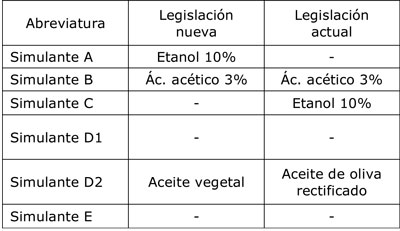
Overall migration test conditions
For global migration has defined nine possible test conditions that cover all possible uses. In the most common use, i.e. a contact at room temperature for an indeterminate time, the test conditions are exposure of the sample with the simulante for 10 days at 40 ° C, in the same way that has made to date.
The new regulation lays down special conditions for foods that are in contact at higher temperatures to room temperature, thus contemplating becoming increasingly more common conditions in the use of plastics, as warming in use in oven, microwave, kitchen, etc.
In table 3 you can see the most common conditions and its equivalence with the current legislation.

Specific migration test conditions
The test for specific migration conditions have suffered more changes than in the case of global migration. For short contact times, the conditions are the same as those laid down in current legislation. When the time exceeds 24 contact hours is when there are major changes, as you can see in table 4.

Note 3: The selection of the conditions will depend on a formula referred to in annex V to regulation 10, 2011.
In annex V to regulation 10/2011 laying down the procedure for the calculation of the new test conditions. Table 5 shows the most common cases of contact with the new test conditions that apply to them.
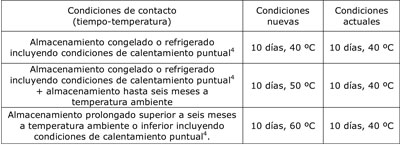
Table 5. New specific migration test conditions.
Note 4: Timely warming includes a use of up to 2 hours at 70 ° C or 15 minutes at 100 ° C.
How are the simulants alternative to the fatty as iso-octane or ethanol covered in the new legislation 95%?
Simulants known until now as alternative to the fatty are denominated in the new regulation as substitutes of simulantes food. The use of these simulants is possible provided that there is scientific evidence that these simulants are more restrictive in comparison with the simulantes regulated food.
Since when are the new test conditions?
10/2011 Regulation enters into force on 1 May 2011. Directive 2002/72/EC as amended and RD 866/2008, except as regards the test conditions are hereby repealed from that date. For testing of migration had been established a transitional period, according to the timetable laid down in table 6.

Declaration of conformity
On May 1, 2011 entered into force the new regulation 10/2011 so declarations of conformity must modify and refer to the new regulation.
Materials that had been introduced in the market legitimately in accordance with the requirements of Directive 2002/72/EC should be able to market with a declaration of conformity based on supporting documents pursuant to Directive 2002/72/EC until 5 years after the adoption of the regulation 10/2011.


